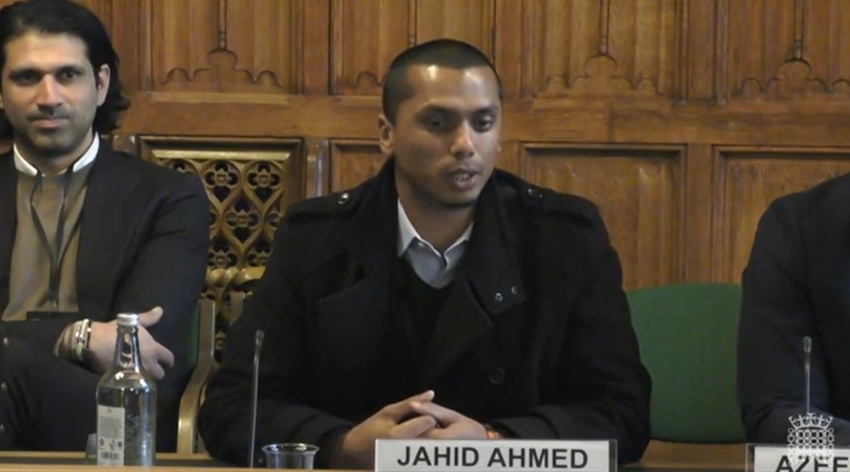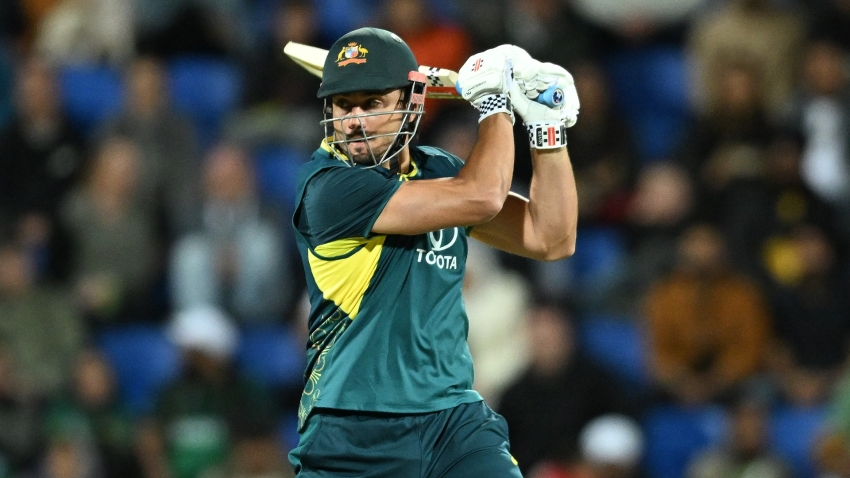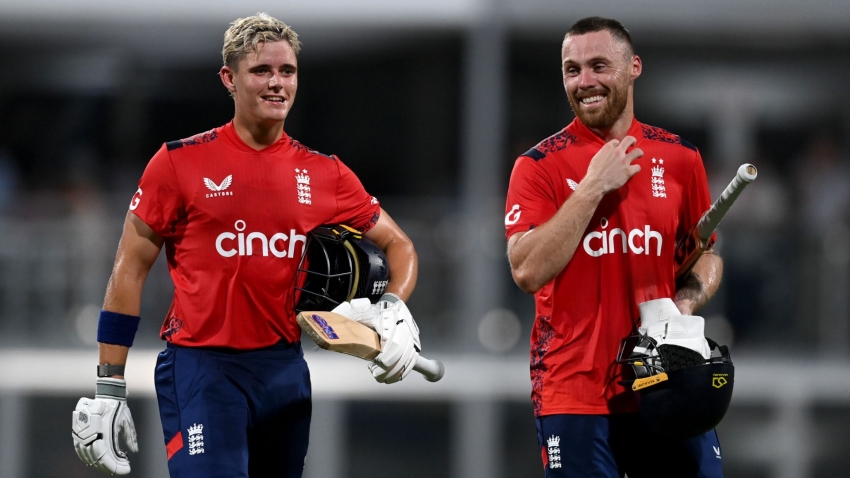Essex have vowed to move swiftly in issuing sanctions after an independent report found former players were subject to racist abuse and discriminatory treatment.
Katharine Newton KC was commissioned to investigate in 2021 after allegations of discrimination were made by former Essex players Jahid Ahmed, Maurice Chambers and Zoheb Sharif.
A summary report by Newton published by Essex on Friday found that reference to players’ ethnic, racial and religious origins was “entirely normalised and tolerated behaviour” within the club’s dressing room between the mid-1990s until around 2013, under the misguided belief that it was acceptable ‘banter’.
“Those at the receiving end of this treatment were too scared to speak up for fear of damaging their prospects of selection and progression,” Newton said in her report conclusions.
“In any event, there were no effective mechanisms for raising such concerns.”
Newton said one of the players was given the nickname ‘bomber’ following the September 11 terrorist attacks. She also found two of the players were referred to as a “curry muncher” and that the phrase was “commonly used” in the dressing room to describe individuals of South Asian heritage.
The third player was repeatedly subjected to racist treatment by a team-mate, who would taunt him by offering him bananas “in a manner which was unequivocally racist”. Newton found this happened in the dressing room, and on coach journeys back from matches.
The team’s coach “was aware” of this conduct, Newton concluded.
“Immediate action should have been taken against the individual; yet nothing was done to stop the behaviour,” Newton wrote.
“Given his position, the coach would have played an influential role in setting the tone and culture of the team. His failure to stop this behaviour sent a strong message to the squad and staff that this conduct had been condoned.”
Player Three also had a banana thrown at him down a flight of stairs by a player who was on trial at Essex.
Newton said her full report, which has been sent to Essex and also copied to the Cricket Regulator, named “most of the perpetrators”.
Jahid has previously criticised the length of time the report has taken, saying it has been “dragged out” to protect the accused.
Essex chair Anu Mohindru apologised to the victims and pledged the sanctioning process would not be prolonged.
“With regard to our sanction process, we don’t want to drag this out for anybody’s sake. That process has started,” Mohindru told the PA news agency.
One of Newton’s 15 recommendations was that sanctions for discriminatory behaviour must reflect the seriousness of the conduct, and that in determining such sanctions the club must “not be influenced by internal pressures such as the popularity/cricketing ability of the perpetrator”.
Mohindru said he “absolutely” agreed with the recommendation and added: “We have to look at the degrees as well – whether it’s done on a repeated basis, whether it’s a number of incidents, whether you have to take into account the senior level the person was holding at the time, the age of the person at the time, we’re talking 17, 18 years ago, there has to be proportionality to it. It’s not one size fits all.”
Newton’s report also found a lack of understanding of the needs of Muslim players at Essex.
It found too that the club’s former chairman, John Faragher, used racist language during a board meeting in 2017 and that the club failed to properly investigate a complaint about the language used.
The report also found Faragher “interfered in the election process by using intimidation to try and dissuade a candidate from standing for election” to the club’s general committee.
Mohindru said Essex would be “stupid” not to learn the lessons from the Yorkshire racism case, where an initial failure by the club to sanction any individuals led to the England and Wales Cricket Board stripping them of the right to host lucrative international fixtures at Headingley until governance changes were made.
He also said it would be “naive” of Essex to think that the club would avoid sanctions from the ongoing Cricket Regulator investigation into these same allegations.
“I am incredibly sorry (the victims) had to endure those things. It’s inexcusable,” Mohindru said.
“I would like to thank them for their bravery, it’s incredibly appreciated. I have to reiterate that we are not the club that we were. We still have work to do. There are 15 recommendations and we believe we’re at 80 per cent of those.”






























